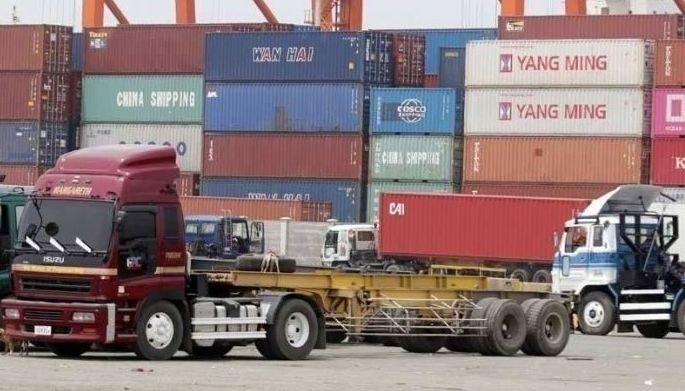The Department of Finance (DOF) in the Philippines has recently put forward a proposal to remove the exemption of excise tax on pickup trucks. This move comes as part of the government’s efforts to generate additional revenue and promote fairness in taxation.
Currently, pickup trucks in the Philippines are exempted from paying excise tax, which is a form of tax imposed on certain goods, including automobiles. This exemption has been in place for several years, with the intention of encouraging the use of pickup trucks for agricultural and commercial purposes.
However, the DOF believes that this exemption is no longer justified and that pickup trucks should be subject to the same tax regulations as other vehicles. The department argues that many pickup trucks are being used for personal and recreational purposes rather than for agricultural or commercial activities.
By removing the exemption, the DOF aims to generate additional revenue for the government. According to estimates, the proposed excise tax on pickup trucks could bring in around PHP 10 billion annually. This revenue could then be used to fund various government programs and initiatives, such as infrastructure development and social services.
Furthermore, the DOF believes that imposing excise tax on pickup trucks would promote fairness in taxation. Currently, other types of vehicles, such as sedans and SUVs, are subject to excise tax based on their net manufacturer’s or importer’s selling price. By extending this tax to pickup trucks, the government aims to create a level playing field and ensure that all vehicles are treated equally in terms of taxation.
It is important to note that the proposal does not seek to impose a blanket excise tax on all pickup trucks. The DOF has proposed a tiered system based on the gross vehicle weight rating (GVWR) of the pickup trucks. This means that the tax rate would vary depending on the size and capacity of the vehicle.
The DOF’s proposal has received mixed reactions from various stakeholders. Supporters argue that it is a necessary step to generate additional revenue and promote fairness in taxation. They believe that pickup trucks should not be given special treatment and should be subject to the same tax regulations as other vehicles.
On the other hand, critics argue that imposing excise tax on pickup trucks could have negative implications for the agriculture and commercial sectors. They argue that pickup trucks play a crucial role in these sectors and that imposing additional taxes could burden businesses and farmers.
The proposal is currently under review by the appropriate government agencies and will undergo a thorough evaluation process. If approved, the excise tax on pickup trucks could be implemented in the near future.
In conclusion, the DOF’s proposal to remove the exemption of excise tax on pickup trucks in the Philippines is aimed at generating additional revenue and promoting fairness in taxation. While the proposal has received both support and criticism, it is currently under review and its implementation will depend on the outcome of the evaluation process.



































